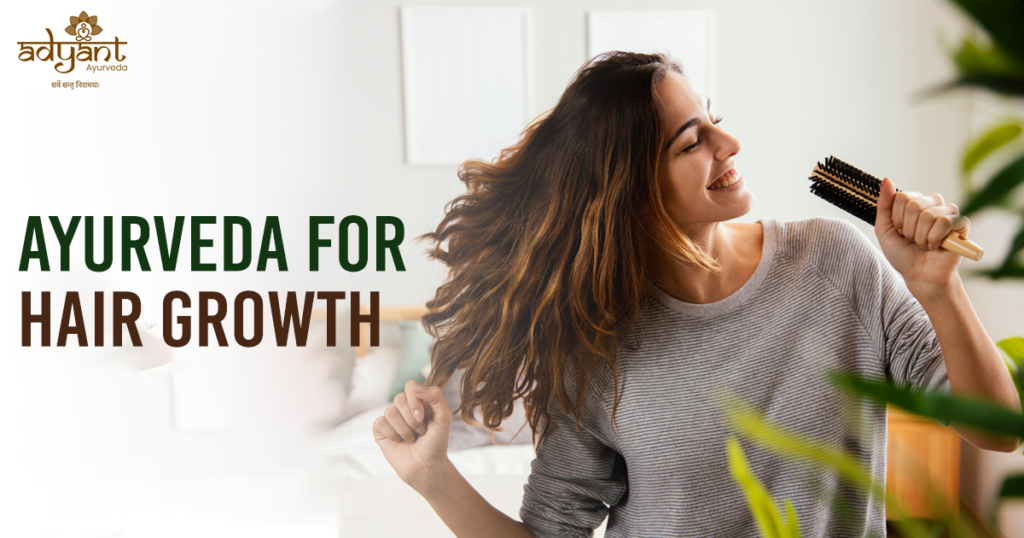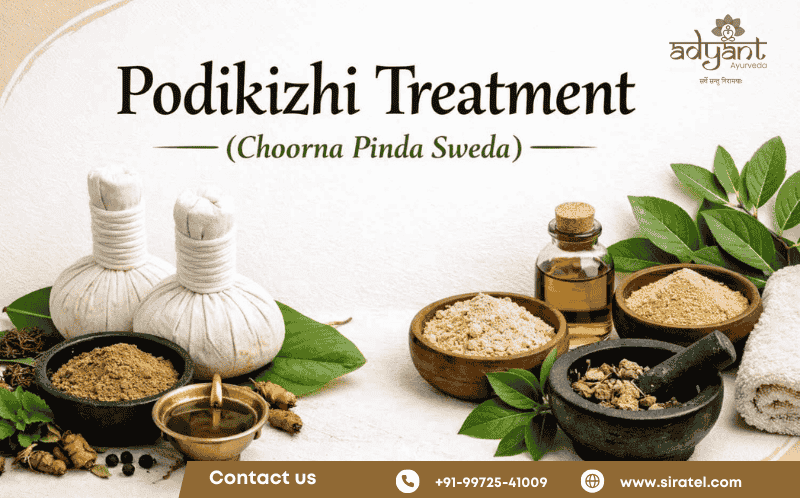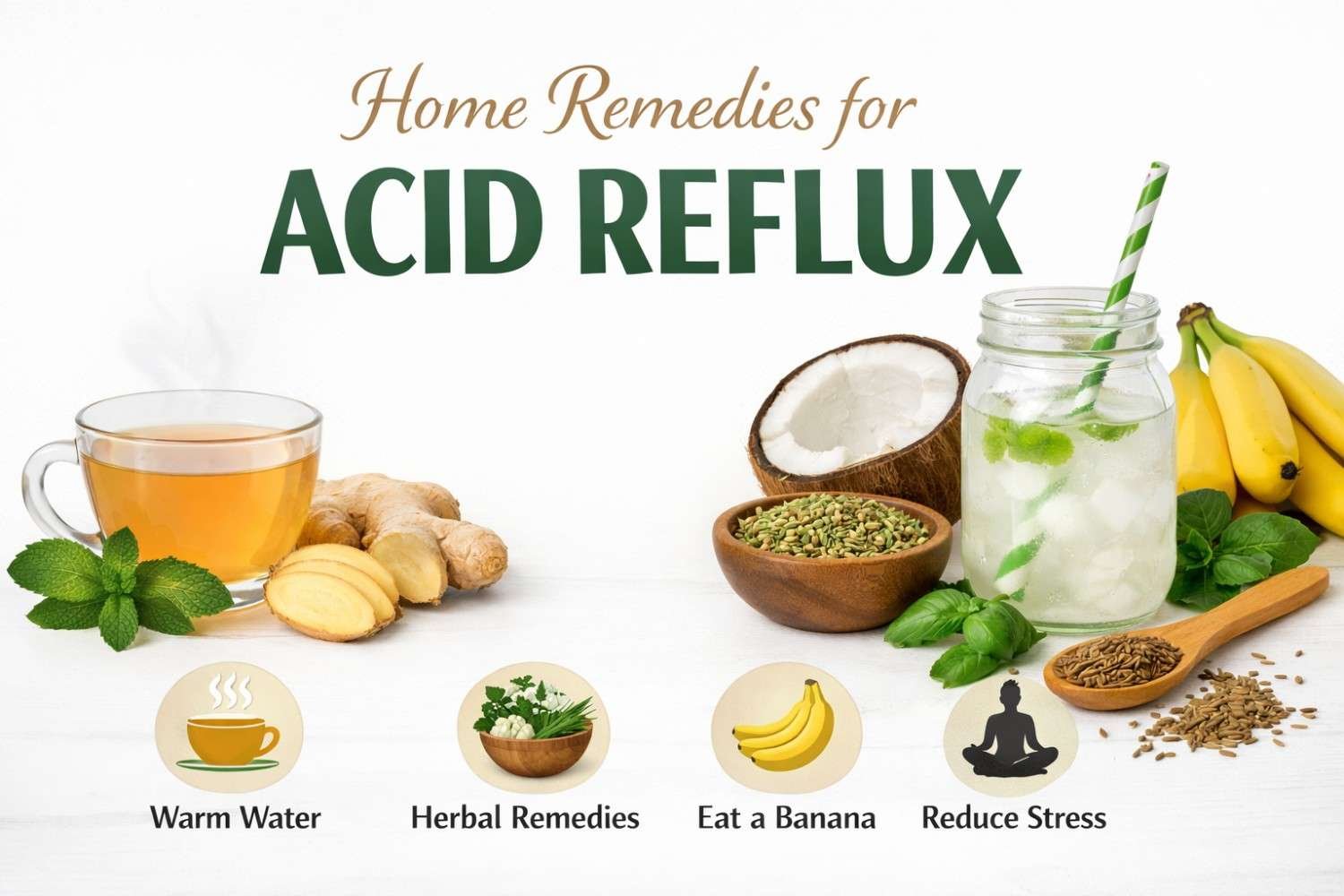Table of Contents
ToggleIntroduction
Are you struggling with hair loss, thinning, or dull hair? Ayurveda, an ancient holistic healing system, offers time-tested remedies for hair growth and overall scalp health. Unlike chemical treatments, Ayurvedic hair care focuses on balancing the body’s doshas (Vata, Pitta, and Kapha) to promote strong, thick, and naturally healthy hair.
In this guide, we explore the best Ayurvedic treatments, herbs, oils, and therapies to prevent hair fall and stimulate hair growth.
Understanding Hair Types in Ayurveda
Ayurveda categorizes hair based on the three doshas:
Vata Hair Type: Dry, frizzy, and prone to split ends due to lack of moisture.
Pitta Hair Type: Prone to premature graying, thinning, and excess heat sensitivity.
Kapha Hair Type: Thick, oily, and strong, but may suffer from dandruff and scalp buildup.
Identifying your hair type helps in choosing the right Ayurvedic treatments and products.
Best Ayurvedic Herbs for Hair Growth
Ayurveda recommends a variety of herbs that nourish the scalp and strengthen hair follicles:
1. Bhringraj (Eclipta Alba)
Known as the “King of Herbs” for hair, Bhringraj stimulates hair follicles, prevents premature graying, and improves hair density.
2. Amla (Indian Gooseberry)
Rich in Vitamin C, Amla boosts collagen production, strengthens hair strands, and enhances natural shine.
3. Brahmi (Bacopa Monnieri)
Brahmi promotes relaxation, reducing stress-related hair fall and enhancing hair thickness.
4. Neem (Azadirachta Indica)
With its antibacterial properties, Neem treats scalp infections, dandruff, and itching.
5. Fenugreek (Methi)
Strengthens hair roots, reduces hair shedding, and adds shine.
6. Shikakai (Acacia Concinna)
A natural cleanser that promotes scalp health and reduces dryness.
7. Hibiscus (Rosa Sinensis)
Stimulates hair regrowth, conditions the scalp, and prevents split ends.
Ayurvedic Oils for Hair Nourishment
Regular oil massage (Abhyanga) is essential for scalp health. The best Ayurvedic oils include:
Bhringraj Oil: Strengthens roots and promotes deep nourishment.
Coconut Oil with Amla: Enhances scalp hydration and fights dandruff.
Sesame Oil: Ideal for Vata hair types, providing deep nourishment.
Castor Oil: Stimulates hair regrowth and thickens strands.
Neem Oil: Treats scalp infections and promotes a healthy scalp.
How to Use Ayurvedic Hair Oils:
Warm the oil slightly before application.
Massage gently into the scalp for 10-15 minutes.
Leave it overnight or for at least 1 hour before washing.
Use 2-3 times a week for best results.
Ayurvedic Therapies for Hair Loss Treatment
Ayurveda offers specialized treatments for hair fall and scalp rejuvenation:
1. Shirodhara
A warm herbal oil is poured over the forehead to relieve stress, improve blood circulation, and strengthen hair roots.
2. Takradhara
A cooling therapy using medicated buttermilk that soothes the scalp and prevents hair fall caused by Pitta imbalance.
3. Nasya Therapy
A herbal nasal treatment that detoxifies the head region, reducing hair loss linked to sinus congestion and toxin accumulation.
4. Scalp Pinda Sweda
A herbal poultice treatment that nourishes the scalp, improving blood circulation and stimulating hair growth.
DIY Ayurvedic Hair Masks and Shampoos
Homemade Herbal Shampoo
Ingredients: Shikakai, Reetha, Amla powder, and water.
Method: Boil the ingredients, cool, and strain. Use as a natural shampoo.
Ayurvedic Hair Mask for Strength and Shine
Ingredients: Fenugreek powder, Hibiscus powder, Aloe Vera gel, and Yogurt.
Method: Mix into a paste, apply to the scalp, and leave for 30 minutes before rinsing.
Seasonal Hair Care in Ayurveda
Summer (Pitta Season): Use cooling oils like Amla and Brahmi.
Winter (Vata Season): Hydrate with Sesame and Castor oils.
Monsoon (Kapha Season): Use antibacterial oils like Neem to prevent scalp infections.
Diet and Lifestyle for Healthy Hair
Foods for Hair Growth:
Protein-rich foods: Lentils, nuts, and dairy.
Iron-rich foods: Spinach, dates, and jaggery.
Omega-3 sources: Flaxseeds and walnuts.
Hydrating foods: Coconut water and Aloe Vera juice.
Lifestyle Tips:
Avoid excessive heat styling and chemical treatments.
Practice yoga and meditation to reduce stress-induced hair fall.
Stay hydrated and follow a balanced sleep cycle.
Why Choose Ayurvedic Hair Care Over Chemicals?
| Factors | Ayurvedic Hair Care | Chemical Treatments |
|---|---|---|
| Side Effects | None, 100% natural | May cause hair thinning and damage |
| Long-term Benefits | Improves hair from root to tip | Temporary effects |
| Scalp Health | Nourishes and heals | May cause irritation |
| Cost-effectiveness | Affordable and homemade | Expensive and repetitive |
Book Your Personalized Ayurvedic Hair Consultation at Adyant Ayurveda
If you’re experiencing hair fall, premature graying, or scalp issues, consult Adyant Ayurveda for expert guidance. Our specialists provide personalized Ayurvedic treatments tailored to your hair type and concerns.
📞 Call us at 9972541009 to book an appointment today!
Final Thoughts
Ayurvedic hair care is a holistic, natural, and effective way to maintain strong and healthy hair. By understanding your dosha, using herbal remedies, and adopting a proper diet and lifestyle, you can achieve beautiful, nourished hair without harmful chemicals.
Have you tried Ayurvedic hair treatments? Share your experience in the comments below!









